You would be hard pressed to find an Australian soldier who has served since the reactivation of National Service in 1965 who has not watched the classic movie Zulu (1961) at least once.
Zulu, a film by Cy Endfield, was shown to new recruits and officer cadets for its inspirational value and leadership message.
Who among us could quote randomly from the dialogue, given the appropriate trigger in a work or social setting?
‘Why is it us? Why us?’ a clearly traumatised young rifleman named Pvt Cole asked Colour-Sergeant Bourne.
‘Because we’re ‘ere lad. Nobody else. Just us…’ responds the imperturbable Bourne.
Checking his soldiers, Bourne tells another, ‘Button up that tunic man… Where do you think you are?’
Zulu tells the story of 150 non-descript soldiers of the 24th Regiment of Foot, South Wales Borderers who find themselves in the unenviable situation of defending a small mission station near a river crossing, Rorke’s Drift in 1879.
It is a complex story of leadership ambition of the two officers in charge, 2nd Lieutenants Gonville Bromhead (Michael Caine) and John Chard (Stanley Baker), the stoic example set by Colour-Sergeant Frank Bourne (Nigel Green), and the courage of an unfortunate garrison in the face of a 4,000 strong Zulu impi.
The Welshmen resist several attacks until, after a stirring rendition of Men of Harlech and a final assault, the Zulus withdraw with a tribute to the victorious Welsh team, as unsuccessful Welsh opponents traditionally do.
The Welsh then reorganise to celebrate with 11 Victoria Crosses for tea.
Now The Spectator Australia’s revered Australian Editor Rowan Dean has revealed the ‘idiot left’ wants to ban Zulu.
‘The idea that it is racist is as ludicrous as you can get. Zulu not only depicts an amazing slice of colonial history, but what the wowsers and the censors clearly missed is the incredibly moving finale to the film, in which the Zulu warriors, after the battle, salute the bravery of the British soldiers.’
Never mind, such imperialism is anathema to historical revisionists, who conveniently ignore the reality direct descendants of those same Zulus were quick to offer themselves to star in the film.
The historical reality no longer matches the social and political agenda.
Nor is that all.
The 1979 South African film Zulu Dawn is in fact a prequel, the story of the battle at Isandlwana a few hours earlier in which the rest of the South Wales Borderers were massacred by Zulu King Cetshwayo’s forces.
It is a sorry story of British obstinacy and incompetence, but again, a film in which Zulu descendants were keen to play a part.
Zulu Dawn presented another problem.
While preparing for battle, Zulu maidens and warriors performed traditional dances in long lines opposite each other.
Young topless girls in short, short skirts and equally young virile males in similar short skirts gyrating rhythmically a few feet from each other aroused natural desires which had not been foreseen by the producers. Heaven only knows what the humourless gender sisterhood would now make of that.
What next?
The Battle of Britain which is to the RAAF what Zulu is to the army?
The all-male few who defeated overwhelming German air superiority to prevent a cross Channel invasion of Great Britain, or whatever the politically correct call it this week?
Carrington VC (1954), a gripping yarn about a genuine war hero, Major Charles ‘Copper’ Carrington VC DSO, (David Niven) who falls victim to a mix of slow horses, fast women, and a dissolute wife, causing him to borrow £125 from the regimental safe to back himself in a regimental horse race.
It’s remarkable for its accurate portrayal of court martial procedure and was used to train officers in such until the administration of Australian military law was corrupted by lawyers pretending to be officers.
Can’t have that.
Or perhaps Queensland’s highest peak, Mount Bartle Frere, named after Sir Henry Bartle Frere who was directed by British South African commander Lord Chelmsford to seize the Zulu lands, should be renamed … who knows … Mount Thorpe?
Sadly, the Lady Chelmsford Maternity Hospital in Bundaberg where many notable locals first drew breath fell to the wreckers ball a few years ago and is no more.
Like the line in Battle of Britain when a disconsolate, shell-shocked local wanders into a bomb shelter announcing Jerry has bombed the Rose and Crown pub.
As one old biddy suggests to her friend, ‘He’ll have to drink at the Red Lion now.’
The alternatives just don’t bear thinking about.
Got something to add? Join the discussion and comment below.
Get 10 issues for just $10
Subscribe to The Spectator Australia today for the next 10 magazine issues, plus full online access, for just $10.

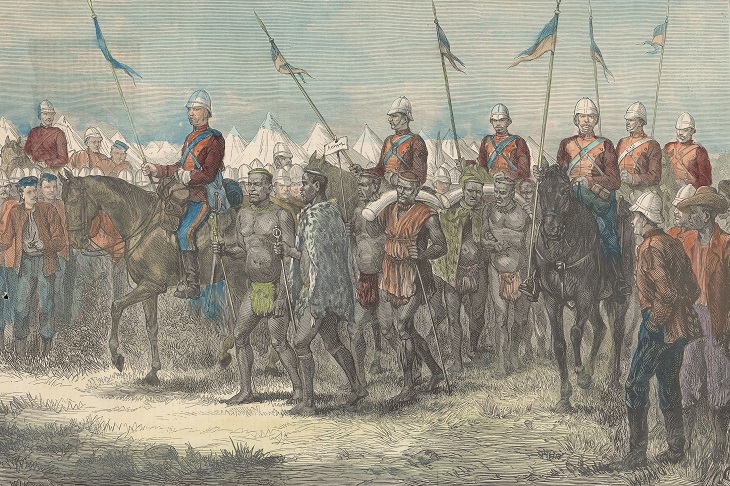
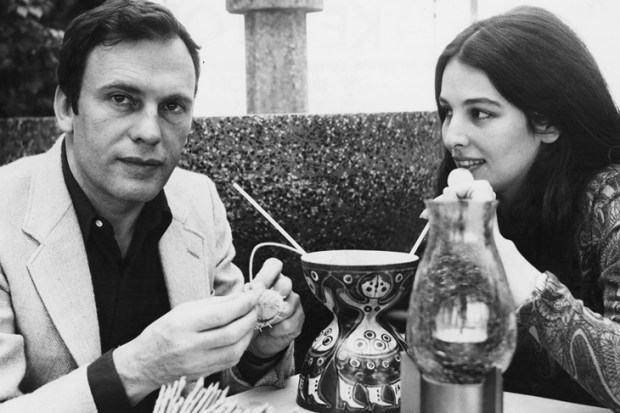

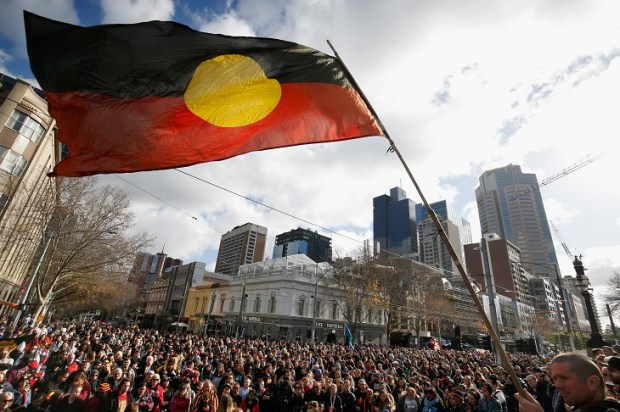
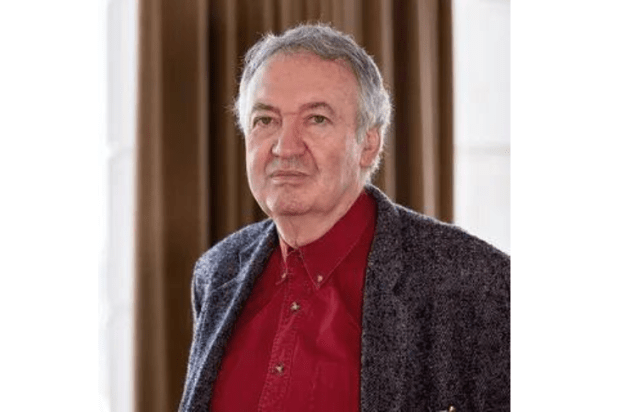
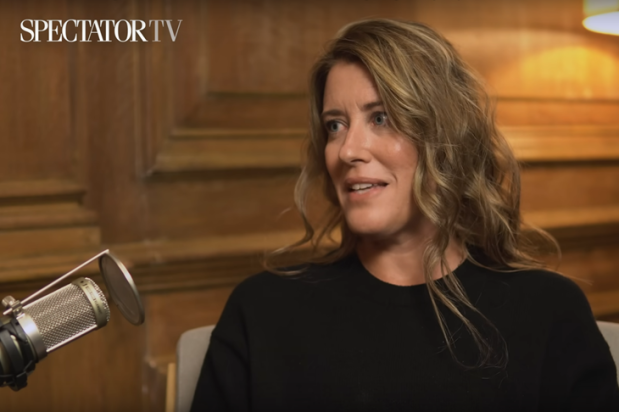
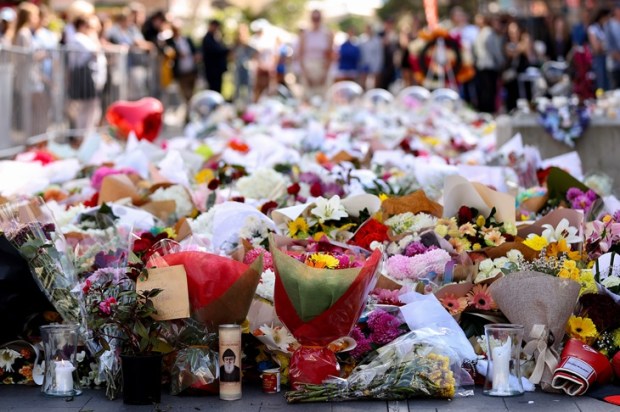


















Comments
Don't miss out
Join the conversation with other Spectator Australia readers. Subscribe to leave a comment.
SUBSCRIBEAlready a subscriber? Log in